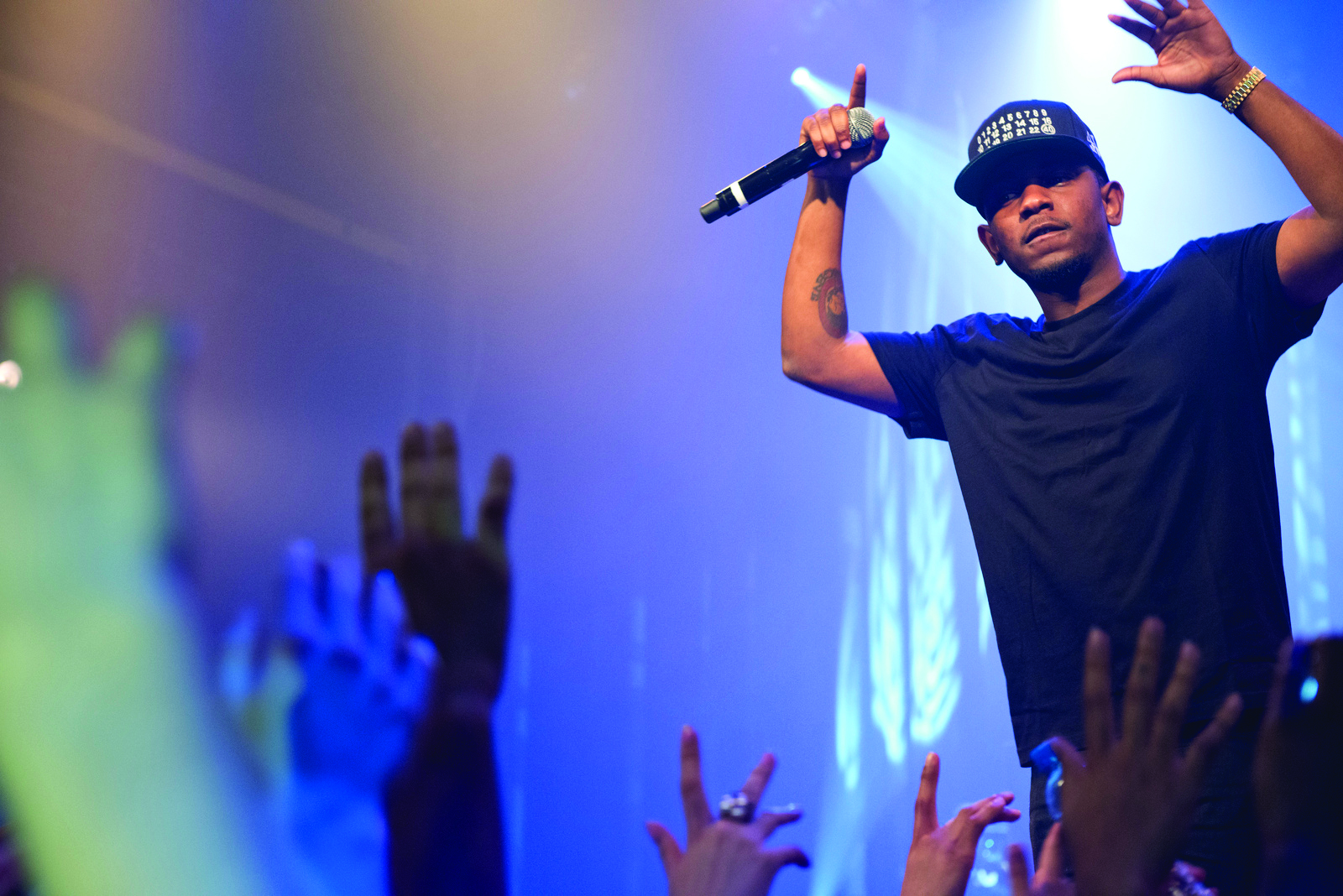Kendan Bendt
Copy Editor
The beginning of the year marked the end of one of the greatest modern TV shows.
A Netflix Original, BoJack Horseman is an animated series which follows the life of the titular character, an anthropomorphized horse and former celebrity and on-again/off-again actor. Anthropomorphization of characters is a frequent technique in an otherwise serious show.
Bojack Horseman investigates the nuances of trauma, mental illness and substance abuse. This is important, as the show does not shy away from covering these difficult topics and makes them the focus of its attention.
Stupid Piece of Sh*t from Season 4 is the most effective and nuanced portrayal of self-hatred and depression I have ever seen in television. It is mostly stream-of-consciousness, with a sketch-like inner world creating BoJack’s inner thoughts as he berates himself for being, well, a stupid piece of sh*t.
Season 6 covers the actions of the titular character finally catching up to him. As he attempts to right his wrongs and make up for his actions towards the people around him, a pair of investigative reporters seek to land a scoop on him and his past wrongdoings.
As with the rest of the show, Season 6 captures the nuances of both mental illness and addiction with a main character whose arc demonstrates the effects of both. BoJack’s constant battles with substance abuse form the bulk of his story, as the penultimate episode, The View From Halfway Down, beautifully exhibits how his addictions affect both him and those around him over the course of his life in a dreamlike sequence where he comes to terms with the impact he’s had on others.
Season 6 ends on a hopeful note. While BoJack has alienated several people close to him over the course of the show, it ends, as he talks to his friend Diane Nguyen (a character who often plays foil to his mental health issues with her own) on a roof about the future, and the tone maintains a hint of positivity.
As with the rest of the show, what seems to be a depressing and tragic dive into the human (or in this case, horse) psyche in the end gives the viewer hope for the future. No matter how many mistakes BoJack makes, he is still alive, and he still has time to live in a better way and improve himself.


















